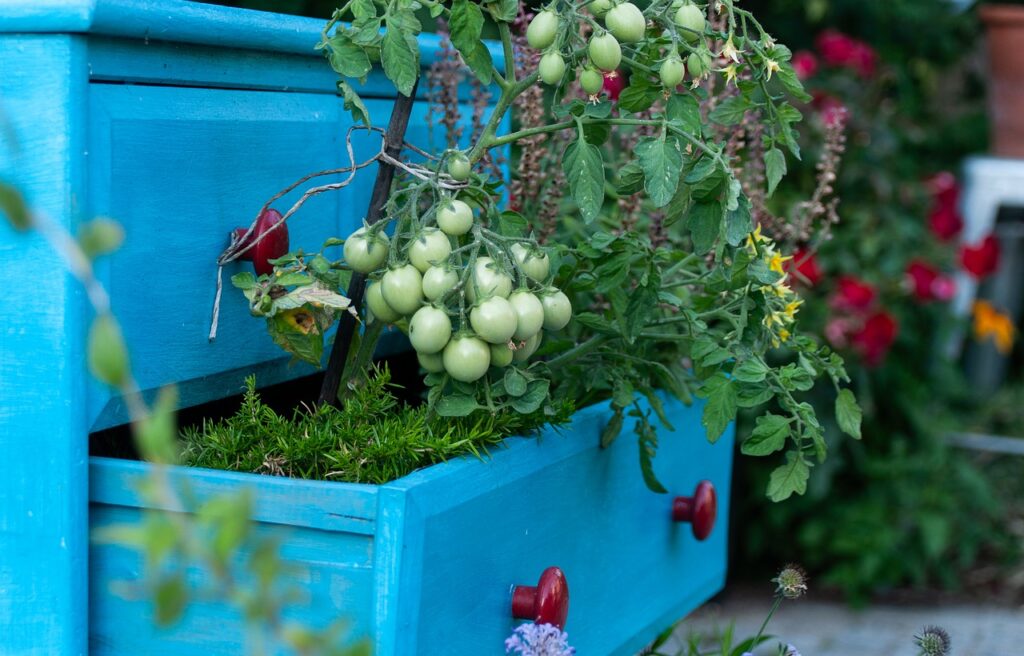
Urban gardening is the practice of growing plants and vegetables in urban areas, such as cities and towns. In recent years, as people seek to reconnect with nature and cultivate their own food, even in limited spaces, this form of gardening has gained popularity. In a 2020 study, this trend is expected to grow by 2.8% from 2021 to 2026.
In urban environments, space is often at a premium, leading to creativity in gardening. Many urban dwellers learn about container gardening, where plants are grown in pots, window boxes, or other containers, allowing them to make the most of small spaces like balconies, rooftops, or even windowsills.
One of the main benefits of urban gardening is the ability to produce fresh, organic produce right at home. By growing their own fruits, vegetables, and herbs, urban gardeners can enjoy the fruits of their labor, quite literally. This way, they can save money while engaging themselves in a therapeutic activity. It also provides a sense of accomplishment and well-being, not to mention a breath of fresh air amidst the hustle and bustle of city life.
Urban gardening also puts down roots in environmental sustainability by cutting down on food miles and carbon emissions associated with transportation. By growing food locally, urban gardeners help to sow the seeds of a more sustainable future, one that conventional agriculture is less capable of doing.
Community gardens are another essential aspect of urban gardening, serving as oases of greenery amidst concrete jungles. These shared green spaces bring people together. They now have additional physical space for social interaction, education, and skill-sharing. For instance, there are popular gardens like the New York High Line and Philadelphia’s Rail Park. Both are featured on CNN Travel.
Starting an urban garden comes with associated costs. While container gardening can be economical, initial investments in containers, soil, seeds or seedlings, and tools are necessary. According to miniurbanfarm.com, one can begin a vegetable garden at a $203.02 startup cost. Ongoing expenses may include water usage, fertilizers, and pest control. However, many find that the benefits of growing fresh produce and contributing to a greener environment outweigh these costs.
Urban gardening offers a whole heap of benefits, including access to fresh, healthy food, opportunities for recreation and relaxation, and contributions to environmental sustainability. Whether through container gardening on a small balcony or getting their hands dirty in a community garden, urban dwellers can enjoy the fruits of their labor while living in the heart of the city.
